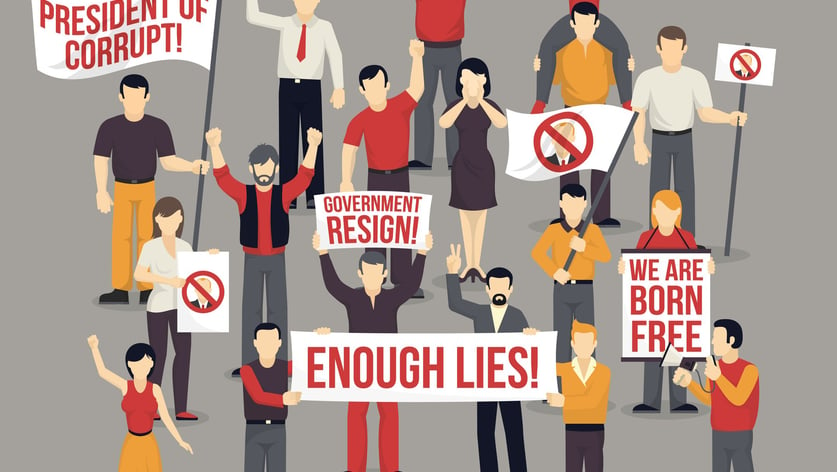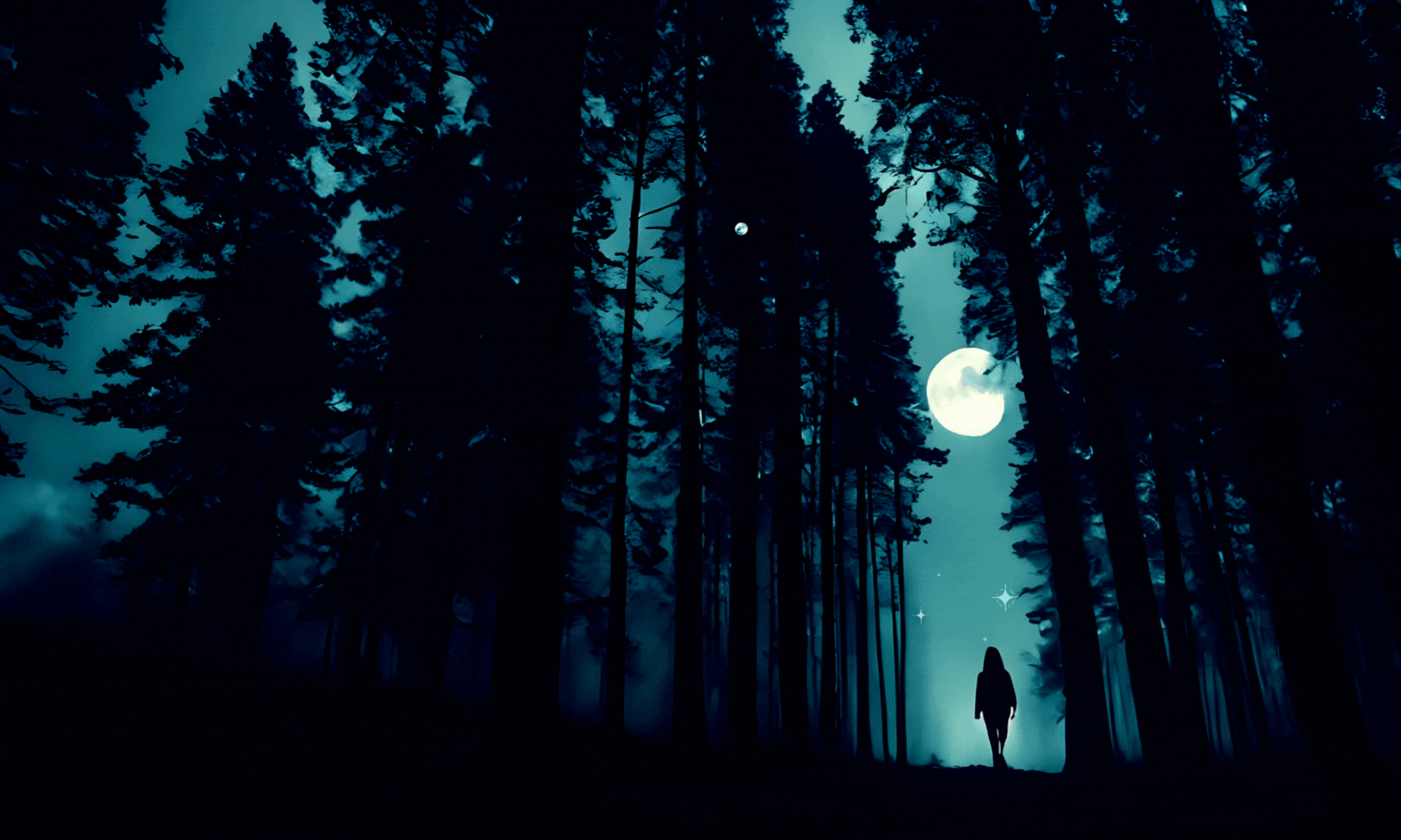Left Vs Right and Democracy in the Muddle.
As we look globally, the struggle between right and left is endangering democratic institutions. For our planet to survive the next century, democratic parties must abandon ideological extremes and strive for balanced, unbiased policies that benefit all. Failure to adapt to changing public sentiments may lead to the collapse of the very institutions that should protect us.
DEMOCRACY
10/21/20234 min read


Of late, the state of democracy across planet earth has left many scratching their heads. Democracy, the very crucible in which our societies were molded, where individual voices were meant to harmonize like hymns within the hallowed walls of a grand cathedral, now echoes with discord. Once, democracy thrived as the embodiment of collective vision, a force that, like the earliest fires kindled by primitive humanity, illuminated the path of progress. It was the vessel that channeled human diversity, uniting people in a symphony of common purpose. Yet today, as the tumultuous rise of religious sentiments sweeps the planet, the fate of democracy hangs in the balance. These primordial forces, the building blocks of our shared human story, now serve as harbingers of both creation and destruction. Religion, which once nurtured culture and provided a moral compass, has become a divisive force, pitting brother against brother, nation against nation. Democracy, once the keeper of our hopes, now feels powerless as the tide of religious fervour rises.
Let's begin our journey through the world's democratic ups and downs starting with the state of affairs in the United States, the wealthiest democracy on planet earth. It is to be noted that the Republican front runner and ex-president of the United States, Trump harnessed the support of a fervent Republican base, including right-wing evangelicals who saw him as either a jester or a savior. The irony of God choosing a man who boasted about grabbing women's genitals and printed digital cards to raise funds didn't escape many. His attempt to dispute election results and his alleged incitement of a civil war added even more chaos to the mix. Moreover, the term "Trump Presidency" often seemed like a punchline for late-night comedy shows. Donald Trump's time in office, instead of healing a polarized nation, appeared to be tailor-made for satire.
Turning the spotlight to the Democrats, their public relations didn't fare much better. Joe Biden, with his fair share of controversies, didn't help his case, and his age only exacerbated concerns. Meanwhile, America's foreign affairs policies were criticized, with Biden himself admitting to certain failures in a recent speech in Israel. Despite hefty investments to prevent another terrorist attack, the rise of groups like Hamas demonstrates that the outcome has fallen short of expectations. It seems that America's policies only work in Hollywood endings.
North of the border, Canada is grappling with Prime Minister Justin Trudeau's policies, which have contributed to a higher cost of living and economic woes. In Europe, Brexit has sent shockwaves through Britain, affecting its economy and ushering in a Hindu Prime Minister to navigate the country's new political landscape.
In the Middle East, the hardcore right-wing government policies of Benjamin Netanyahu seemed to have stoked the Hamas militants to attack Israel, flaring tensions between the Muslim countries and the Jews in this region. This situation raises questions about whether democracy has failed to maintain peace and order in the middle east. The heightened tensions in the region have the potential to escalate into a global conflict, posing a significant threat to humanity and the planet.
A segue to Asia, often touted as the world's largest secular democracy, India now stands at a crossroads today. A tempestuous undercurrent of right-wing Hindu ideology, personified by Prime Minister Modi and his ties to the RSS, is sweeping across the nation. The very essence of this vibrant democracy, once woven with the threads of Gandhi's ideals, now flutters in the political winds.
The ruling Bharatiya Janata Party (BJP) has masterfully harnessed the Hindutva wave, appealing to the masses through the intricate art of digital manipulation. Their propaganda machine churns out a potent cocktail of fear, using a subtle hand to silence dissenting voices, even to the extent of imprisoning journalists who dare to question the government's actions.
What sets India's democratic struggles apart is the subliminal warfare waged by the Modi government. They've mastered the science of digital marketing, aligning themselves with the majority and skillfully persuading the masses to vote in their favor. The prime minister goes to extraordinary lengths, from attacking Pakistan to stoking nationalism during election campaigns, or orchestrating grand cricket matches at the dazzling Modi Stadium in Ahmedabad, employing celebrities as pawns in their propaganda game.
Amidst this political maelstrom, the country's economy wobbles under the weight of historic unemployment. The prime minister, however, remains elusive, rarely facing questions from the media. The recent G20 summit, bereft of a press conference, drew the concern of global leaders like Joe Biden, who used his visit to Vietnam to spotlight the shrinking space for journalistic freedom in India.
What's notably absent from this tumultuous landscape is satire, as freedom of speech itself dangles precariously. Yet, paradoxically, India is still painted as the world's greatest democracy, an image propagated by the Godi media.
This once-vibrant democratic powerhouse now finds itself seated alongside China, Russia, and North Korea on the bench of individual freedom and secularism. The transformation of India's political tapestry, once woven with diverse threads, is now dominated by a single color. Whether this transformation ultimately strengthens or erodes the nation's democratic foundation remains the compelling question that drives the discourse, not only in India but across the globe.
In retrospect, the constant conflict between right and left ideologies is endangering democratic institutions across this planet. In this period of uncertainty, it is time to ponder whether democracy, as a concept, is failing, or if it's the frailties of the human ego to let go of prejudices and welcome change is killing the spirit of democracy? Perhaps mankind, tethered to the comfort of the familiar, has faltered in his ability to adapt and evolve. Democracy, like a mirror, reflects the collective will and wisdom of a society, but for it to flourish, humanity must be willing to confront its own limitations, question old certainties, and embrace the evolving dynamics of its complex world.
It is a delicate balance, for democracy can only thrive in an environment where hearts and minds are open to change, where the ego yields to collective needs, and where prejudice yields to inclusivity. Democracy, as an evolving concept, relies not just on the robustness of its institutions but also on the malleability of people's convictions. To sustain democracy and this planet, one. needs to address the deep-rooted biases and familiar comforts that threaten the vitality of this existence, and in doing so, ensure that the spirit of democracy continues to burn brightly.
Image by macrovector on Freepik

